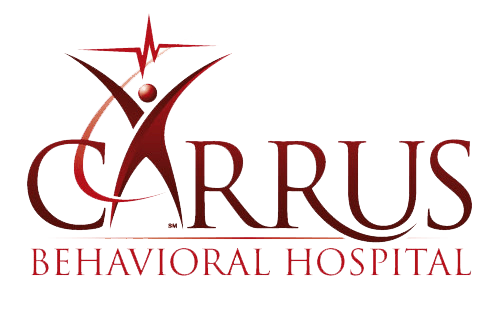
Families are usually one’s strongest support, but sometimes, they face hard times. Family therapy can help. It is a place where everyone can share their feelings and work out problems. During family therapy in Sherman, TX, professionals called therapists guide families to talk to each other more effectively and become closer.
This article explains what family therapy entails and how it can improve your family’s happiness and help you get along better.
Understanding the Basics of Family Therapy
Family therapy is a type of psychotherapy designed to help family members get along better. This form of therapy can be beneficial for families dealing with many problems, such as:
- Behavioral issues
- Mental health conditions
- Communication challenges
- Major life events or changes
Family therapy sessions are typically short-term and goal oriented. It aims to help the family learn how to deal with problems. It is different from when you just talk to one person. Family therapy helps everyone get on the same page and work as a team during sessions.
The Role of a Family Therapist
A family therapist is a licensed mental health professional trained to facilitate discussions. Their primary role is to provide a safe, neutral environment. This is to ensure that every family member feels heard and respected.
Therapists use specific methods to help the family understand what is really going on underneath the miscommunication, arguing, or tension. Once they know why there is fighting or disagreement, the therapist will devise a plan to fix it. This will include exercises and techniques to help the family solve issues independently.
What to Expect from the First Session of Family Therapy
The first family therapy session might feel like a mix of excitement and nervousness. This is a chance for your whole family to talk about what is bothering you and figure out how to fix it.
Before your first therapy session, talk it over with your family. Make sure everyone knows why you are going and why it is important. Make a list of what you want to talk about during the session. This will help the therapist understand your family’s problems and determine the best way to help.
In your first therapy session, your therapist will probably ask about your family. This will be followed by how you all get along and what’s bothering each of you. The information discussed will help them develop a personalized plan.
Remember, the first session is just the beginning of your therapeutic journey. It is essential to be patient and open-minded as you work towards positive change.
Common Family Therapy Techniques Used
Family therapists use different methods to help families reach their goals. Here are some of the tools they use:
Structural Therapy
Structural therapy tries to figure out what is causing problems in your family structure. It helps each family member communicate more effectively and support each other better. This technique helps improve communication and support within the family.
Systemic Therapy
Systemic therapy looks at the whole family. It tries to figure out why everyone acts the way they do and how it causes problems. This helps families learn to work better together.
Cognitive-Behavioral Therapy (CBT)
CBT helps families find and change bad thinking habits. Therapists teach families how to think differently to feel and get along better.
How Family Therapy Benefits Different Family Dynamics
Family therapy can help all kinds of families, from single-parent households to traditional nuclear families. Therapy can help you work through tough stuff together, no matter what your family looks like.
Support for Single-Parent Families
Family therapy can provide valuable support and guidance for single-parent households. It can teach you how to communicate better with your kids and make your home a happier place.
Strategies for Blended Families
Blended families can be tricky due to challenges related to step-parenting and sibling rivalry. Therapy can help each member learn how to trust one another. It can also help foster positive relationships among all members. Therapy also addresses lingering feelings of loss or resentment, promoting healing and unity.
Enhancing Relationship Dynamics in Traditional Families
Traditional nuclear families can experience significant benefits from family therapy. It is great for fixing problems like marital conflicts, behavioral problems, or mental health concerns. Therapy teaches you to communicate effectively and solve problems together. Ultimately, this can help make your family stronger and happier.
Finding the Right Family Therapist in Sherman, TX
Choosing the right family therapist is crucial for the success of your therapy. When searching for a family therapist, consider the following factors:
Qualifications and Experience
Look for a licensed therapist with specialized training and experience in family therapy. This ensures they have the knowledge and skills to address your family’s needs.
Approach and Techniques
Therapists use various approaches and techniques. Find a therapist who can help your family achieve your goals through methods that you find suitable. However, keep an open mind and be willing to try new things that you may not be familiar with, such as group exercises during sessions.
Compatibility and Comfort
It is important for all members of the family to feel comfortable with the therapist. Schedule initial consultations with potential therapists to gauge their compatibility with your family. Make sure they are a good fit for your family.
Compassionate Family Therapy in Sherman, TX
Family therapy can help your family solve problems and build stronger relationships. It takes effort but can make a big difference in how you feel about each other.
Ready to take the first step towards a healthier family dynamic? Carrus Behavioral Health Hospital is here for you. Call us today at (903) 870-1222 to schedule an appointment and begin family therapy in Sherman, TX. We look forward to helping your family thrive!

